ABOUT US
The TOPUCU Program Curriculum
Evidence-Based, Research-Driven, Transformational
Every TOPUCU journey begins with the Starter Program, a 7-lesson foundation that equips participants with tools to break negative habits, build resilience, and set meaningful goals. From there, learners can continue into the Finisher Program, which dives deeper into advanced goal-setting and mission work.
While not every version includes the full Finisher Program, each path is designed to deliver the right level of challenge and growth for the audience it serves.
the starter program
The Starter Program introduces participants to the essential principles of personal accountability, goal-setting, and habit formation. These seven lessons lay the groundwork for lasting change, providing practical exercises and reflection tools to help individuals take ownership of their choices.
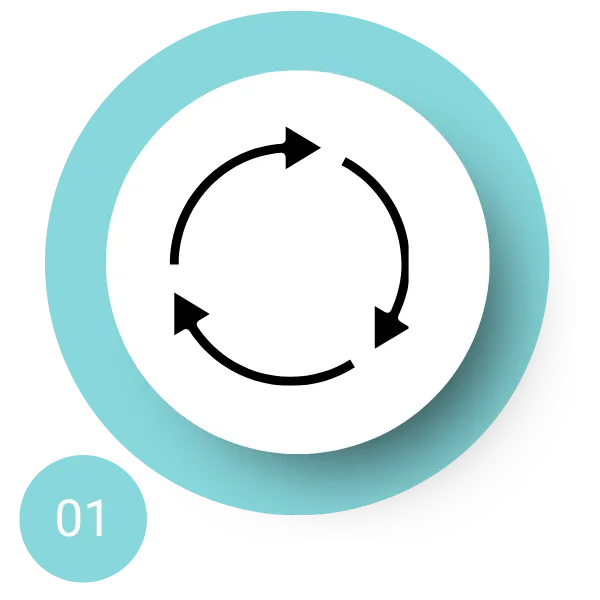
lesson one: habits
Focus on the three components of habits: Trigger, Routine, and Reward.
Emphasize control over the "Routine" as the manageable aspect of a habit.
Dissect triggers to understand the "why" behind each habit and develop new routines aligned with goals.

lesson two: motivation
Introduce the "Scales of Motivation" to assess reasons for actions.
Explore External and Internal motivation, advocating living through Internal motivation.
Encourage evaluating and adjusting the motivation formula to progress toward goals.
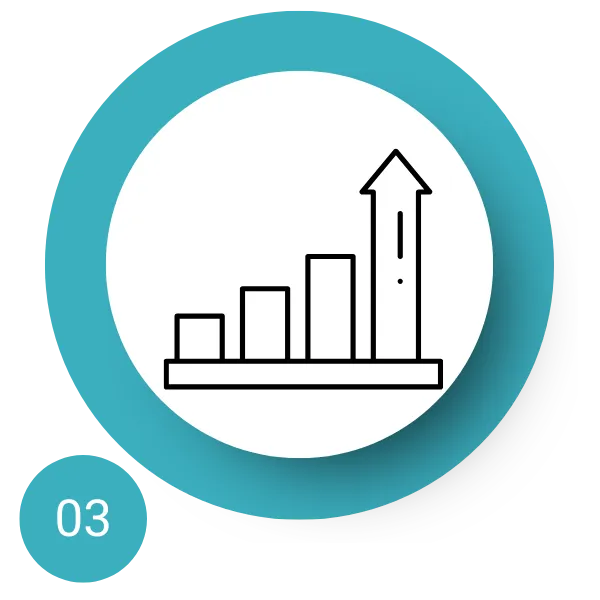
lesson three: pain
Highlight the role of pain and discomfort in positive transformation.
Emphasize that the pain of change is minor compared to the potential pain of remaining in the current situation.
Encourage embracing discomfort as a crucial part of the journey toward improvement.

lesson Four: the seven e’s
Explain the Seven E’s as the pathway thoughts take in influencing the mind.
Stress the importance of stopping negative thoughts at the "Entrance" and nurturing positive thoughts to the "Envelop" stage.
Connect thoughts to actions, emphasizing how habits define one's identity.
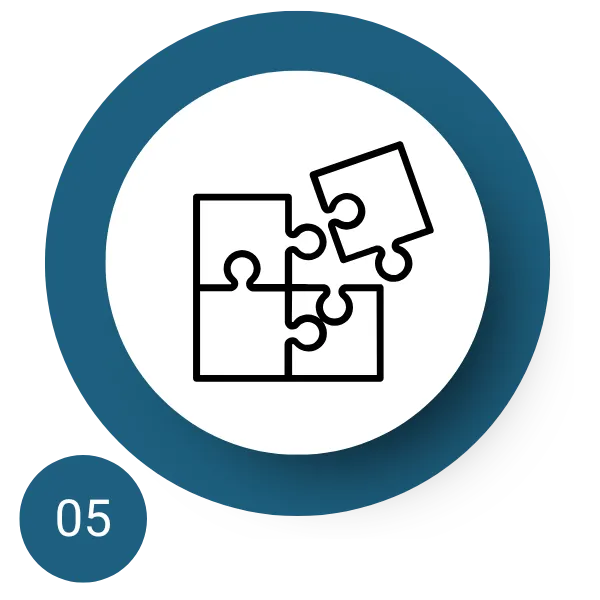
lesson five: visualization
Emphasize the significance of visualization in achieving goals.
Use the analogy of a puzzle box image to illustrate having a clear picture of the destination.
Stress the difficulty of starting a journey without a clear visualization of the end goal.
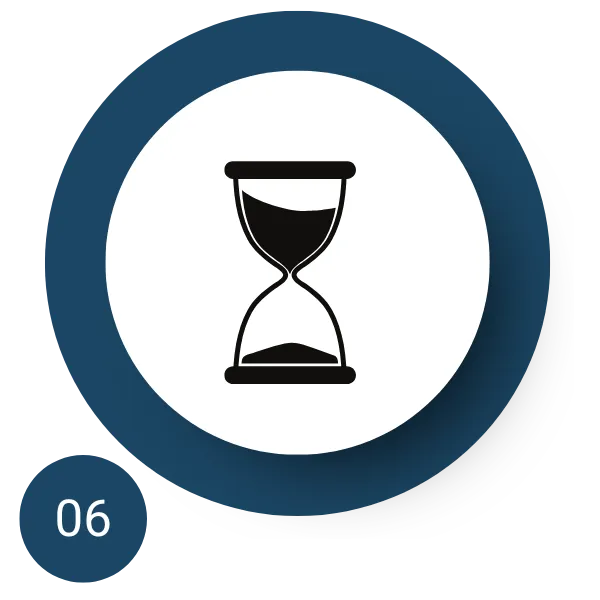
lesson six: value of time
Explore the "Value of Time" in the context of transformation.
Advocate making a daily task list and optimizing the available 168 hours each week.
Emphasize that lasting transformation requires time, and effective time use facilitates change.

lesson seven:
burn the bridge
Encourage identifying and visualizing challenges preventing change.
Symbolically "burn the bridge" by eliminating obstacles and committing to the future self.
Highlight the importance of unwavering commitment to personal growth and change.
THE FINISHER PROGRAM
The second part of TOPUCU is the Finisher Program—where reflection meets action. You’ll begin by taking a personal inventory across key areas of life, such as family, education, health, and work. This process leads to the creation of your own Personal Mission Statement—a clear, motivating declaration of who you are and who you’re becoming.
From there, we help you set SMART Goals in each area of your life. You’ll learn about four types of time-sensitive goals and how to use them as the driving force behind real, lasting transformation. The Finisher Program turns self-discovery into daily progress, giving you a roadmap to live with focus, purpose, and momentum.
Develop and Refine
A Mission Statement
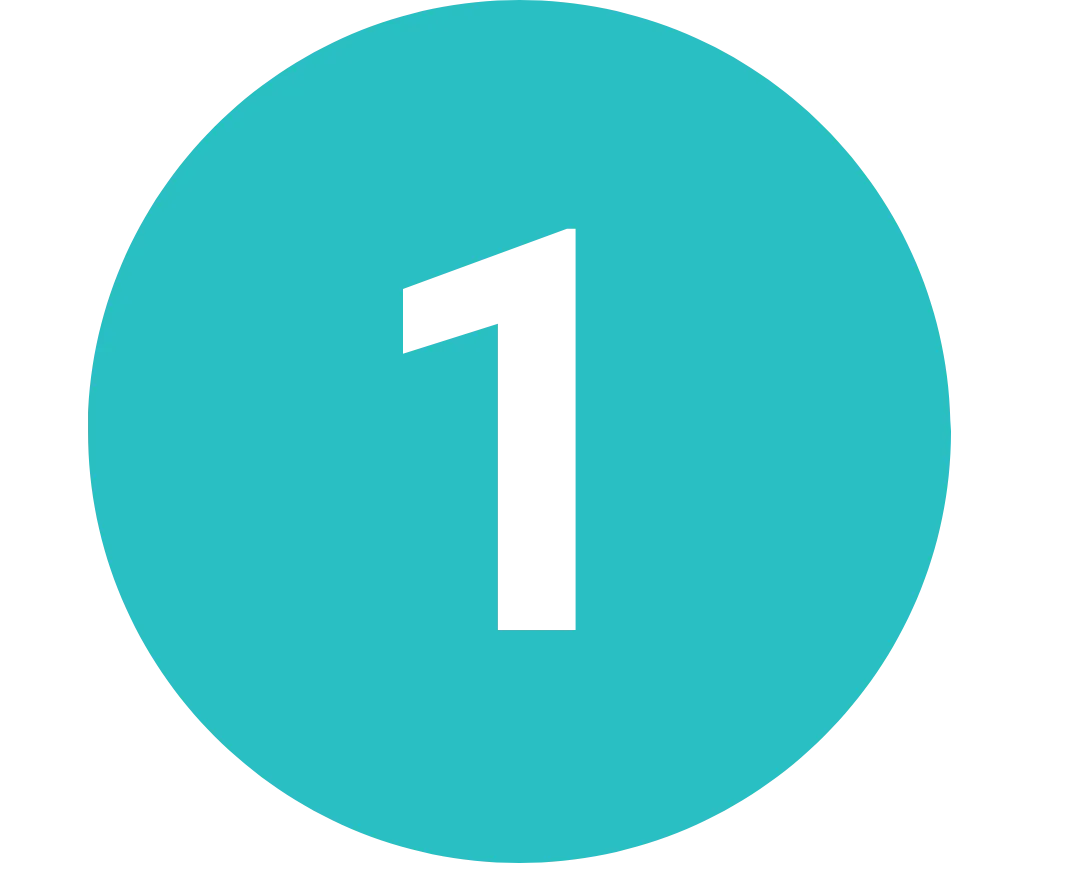
Analyze Areas Of Your Life To Develop A GPS For Your Life:
✓ Family Values
✓ Finances and Work Life
✓ Spiritual and Mental Health
✓ Physical Health
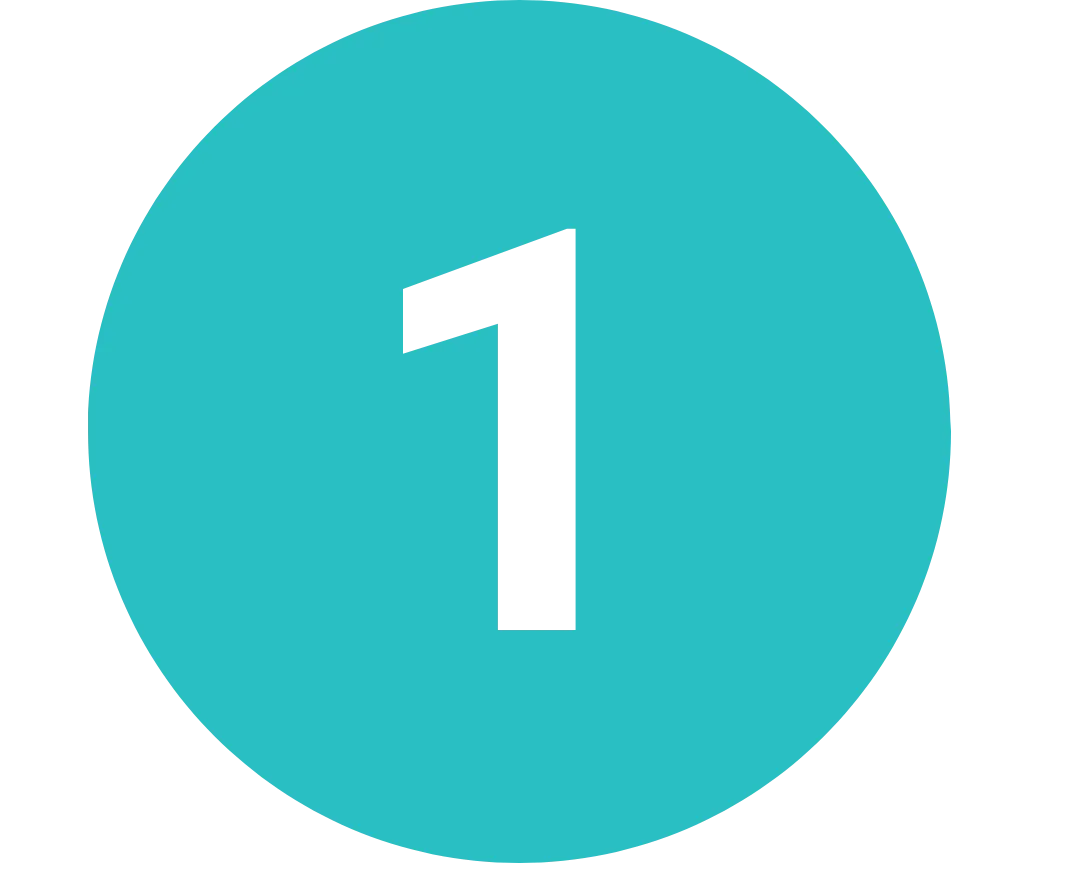
Analyze Areas Of Your Life To Develop A GPS For Your Life:
✓ Family Values
✓ Finances and Work Life
✓ State of Mind,
✓ Spiritual, Mental and Physical Health
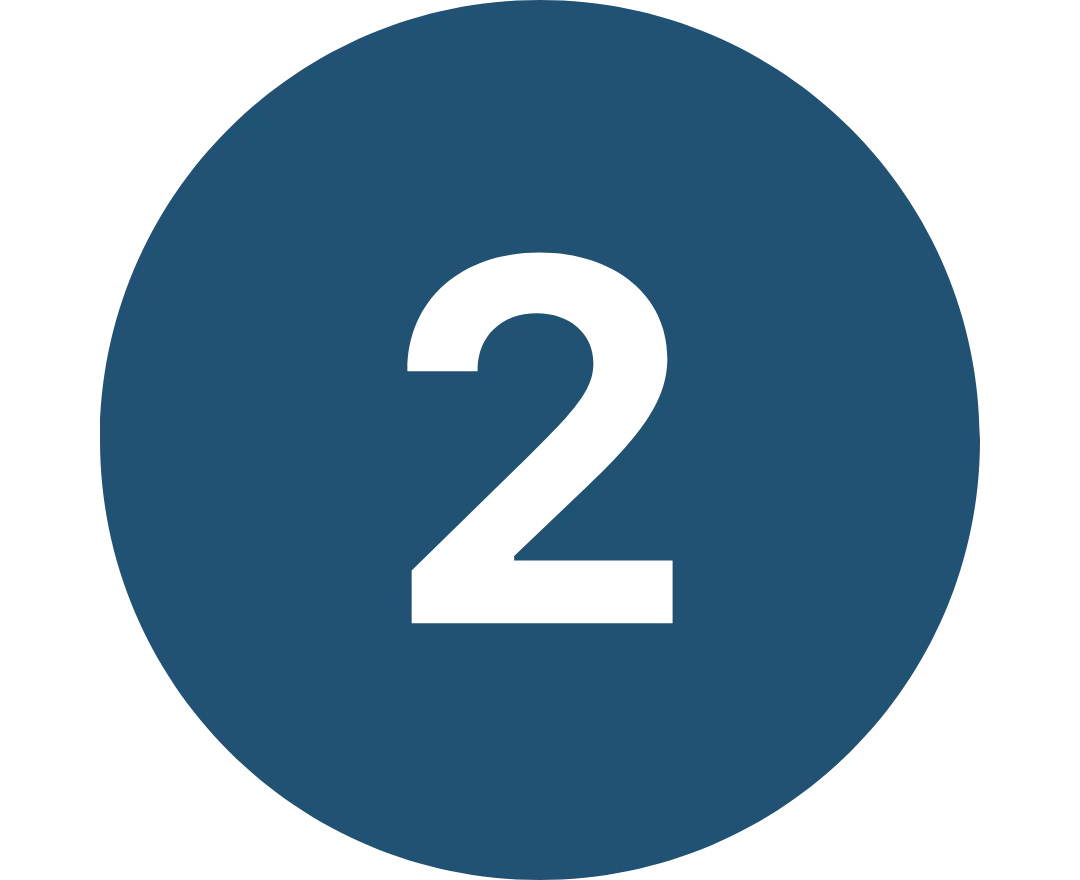
Learn How To Create Short-Term, Mid-Term, Long-Term, & Big Hairy Audacious Goals For Every Area Of Your Life:
✓ Family Values
✓ Finances and Work Life
✓ State of Mind,
✓ Spiritual, Mental and Physical Health
identify specific and attainable GOALS
for every area of your life
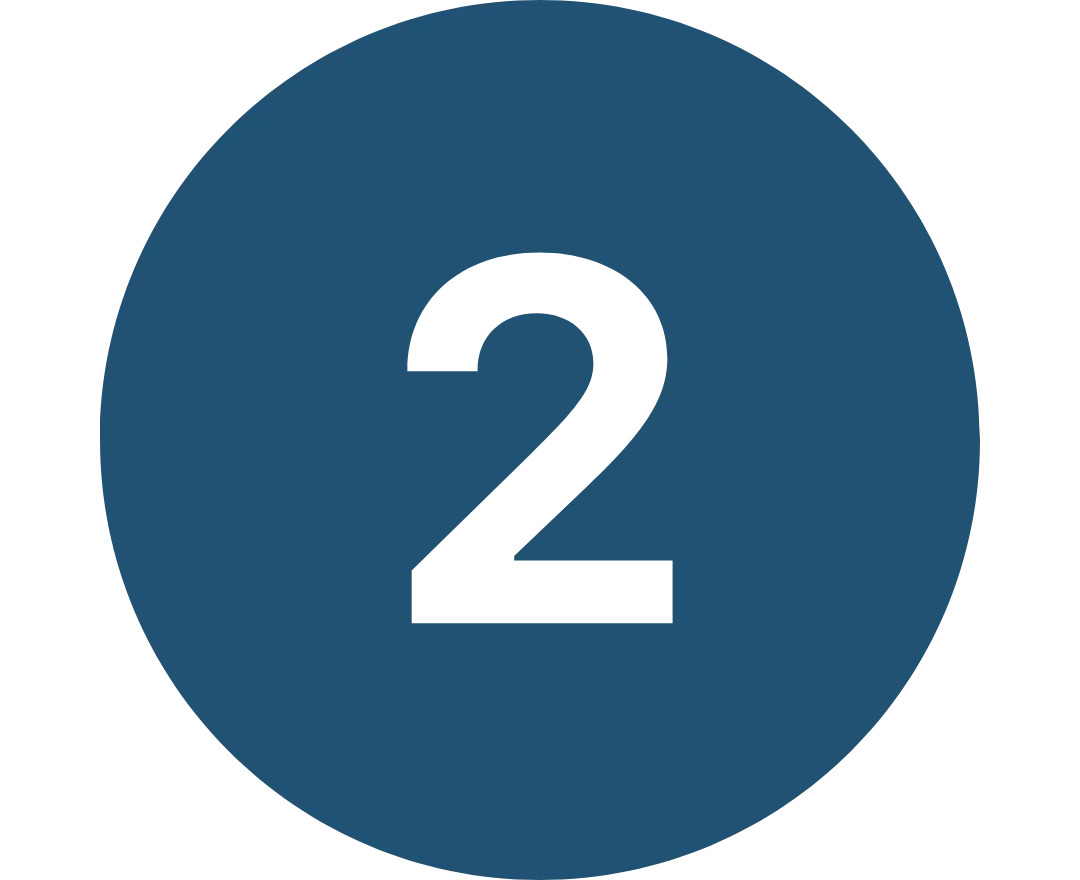
Learn How To Create Short-Term, Mid-Term, Long-Term, & Big Hairy Audacious Goals For Every Area Of Your Life:
✓ Family Values
✓ Finances and Work Life
✓ Spiritual and Mental Health
✓ Physical Health
Find the Version That Fits Your Journey
Each version of TOPUCU delivers the same proven framework but adapts examples and applications to meet the needs of different audiences. Below is a quick guide to help you identify which program is the best fit for your goals.
| Program | Audience | Focus & Examples | Notes |
|---|---|---|---|
| Spark | Youth (middle/high school) | Age-appropriate examples, accessible language, and interactive activities. | Basic introductory program for younger learners; utilizes drawing in addition to writing. |
| Ignite | Middle/high school and justice-impacted youth | Age-appropriate examples, accessible language, and interactive activities. | Restructured program format for youth who may need additional support or context. |
| Foundations | Beginners in personal development | Simplified, introductory version covering habit change essentials. | Designed for participants new to growth work. |
| Pathway | Workforce development agencies, employers, job seekers | TOPUCU principles through career, professionalism, and employee engagement scenarios. | Tailored to job readiness and workplace performance. |
| Elevate | Adults across community & correctional settings | Wide variety of lifestyle and personal growth examples. | The “standard” version of TOPUCU for multiple contexts. |
| Rise | Addiction and recovery participants | Integrates principles specific to overcoming addiction and sustaining recovery. | Values-driven and recovery-focused approach. |

